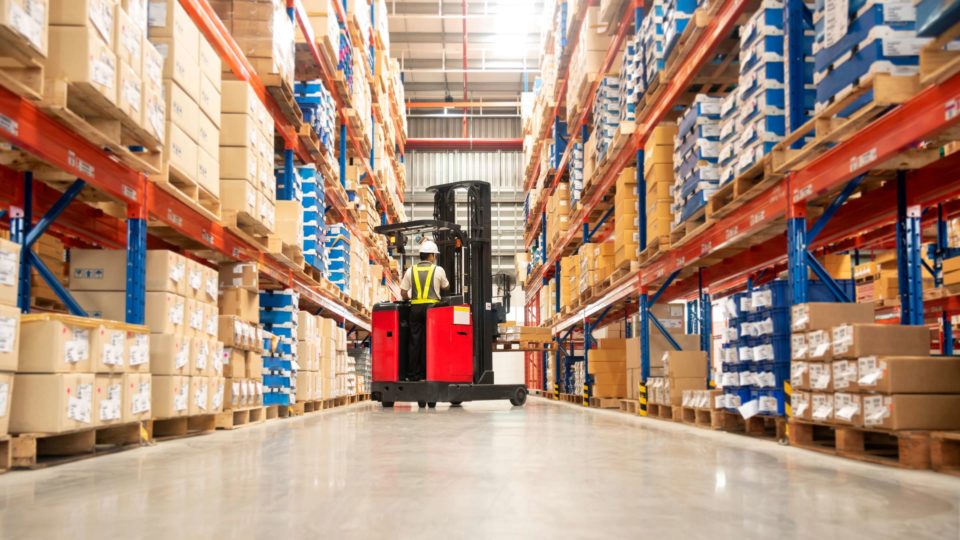Posted On September 3, 2020
Companies often come to Flat World for help growing their businesses. They’ve seen success so far, and are preparing to scale their operations, launch in new markets and of course, bring in more profits.
Our advice for these companies varies, of course, since every company has unique needs. But our suggestions usually have a common element: adding warehousing to the supply chain.
Warehousing helps companies expand into new geographic areas.
After primarily serving audiences in one or two regions of the country, companies with their sights set on new horizons—the wild, wild West, the Northeast or anywhere in between—could almost always benefit from adding warehousing in those areas.
Housing products closer to customers decreases transportation costs—even with the cost of storage. Think about it: 100 LTL shipments going hundreds of miles individually could cost ten times as much as one truckload shipped and stored in a warehouse that’s closer to the customer.
Warehousing can improve customer satisfaction.
Having inventory closer to customers obviously decreases shipping time after the order is placed. And shorter shipping leads to happier customers, who, hopefully, turn into repeat buyers.
The trick lies in looking at where your customers are (and where they might be in the future) and setting up shop there. If your client base isn’t in the same region as your headquarters or manufacturing, you’d probably benefit from getting a bit closer.
Partnering with a warehousing company reduces overhead and risk.
For many companies, choosing to partner with a company that takes care of the warehousing is more rewarding than the do-it-yourself version. For starters, opening a warehouse requires renting or purchasing property, hiring and training staff, and purchasing hefty insurance. (If you’re imagining dollar signs flashing in front of your eyes, you’re not too far off.)
However, partnering with a warehousing company can save both time and money, allowing you to focus on growing your business instead of trying to figure out the best way to manage a warehouse. It also provides flexibility as your storage needs change throughout the year (like right before the holidays) and over time (as your customer base expands or moves, your warehousing solutions can too.)
All of these are major reasons to add warehousing to your supply chain. And if you’d asked us a year ago, we might have stopped there. But of course, 2020 has thrown the world for a loop, supply chains included.
Warehousing adds security during a pandemic and beyond.
When manufacturing and shipping delays caused by the Coronavirus pandemic interrupted supply chains around the world, many companies were stuck—waiting on inventory, not serving customers and not making profit.
With a vaccine still several months away, and some areas of the country poised to go on more lockdowns, more interruptions are still a possibility. Warehousing can help companies build a safety stock of their products and be prepared for any future supply chain breaks. Having access to additional space allows businesses to avoid being caught without product and losing out on potential revenue.
Before 2020, purchasing departments were focused on being as lean as possible. Like so many other things, the pandemic changed how businesses think about their supply chains. Warehousing just might be the answer they’re looking for.
Interested in learning more about warehousing? Contact us and we’ll be in touch!

